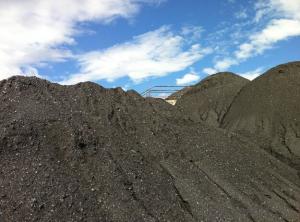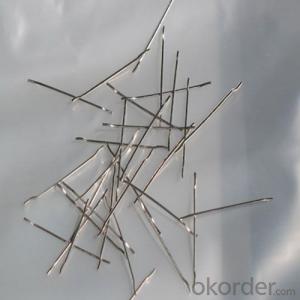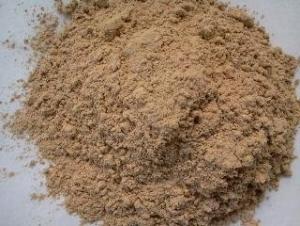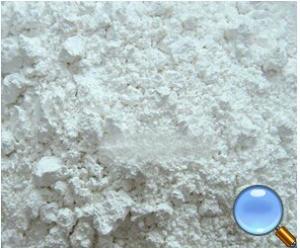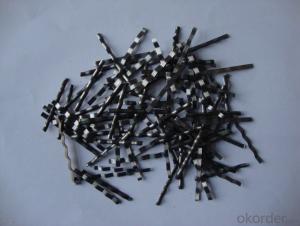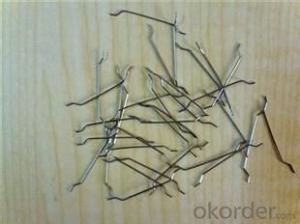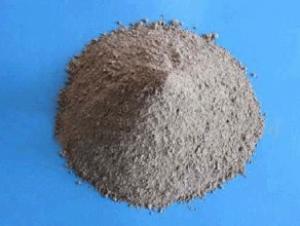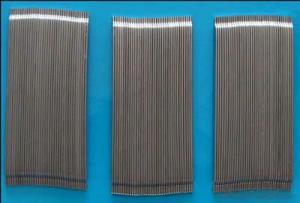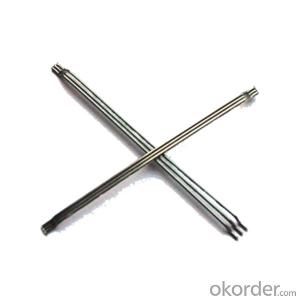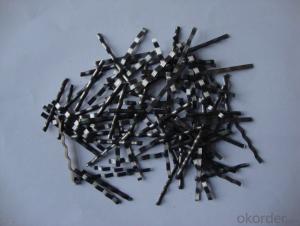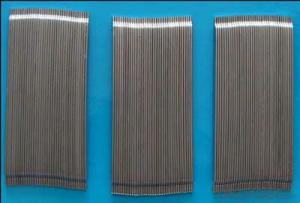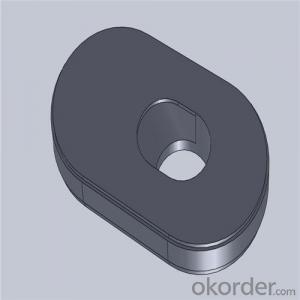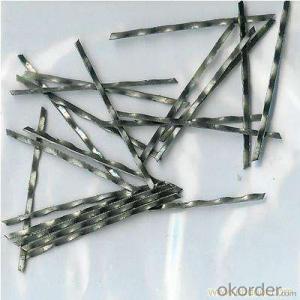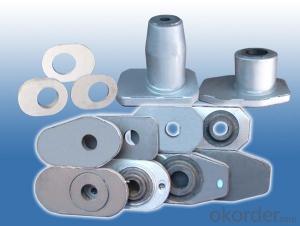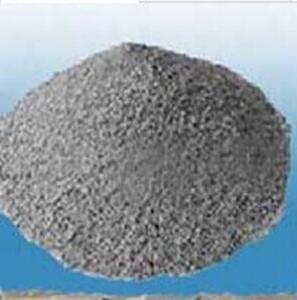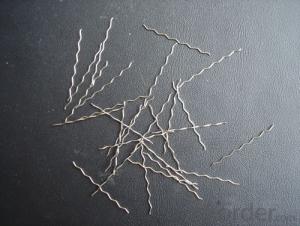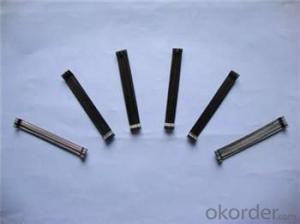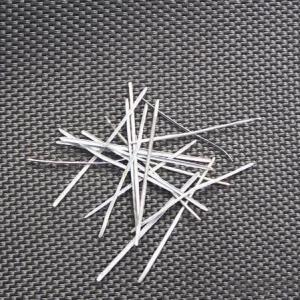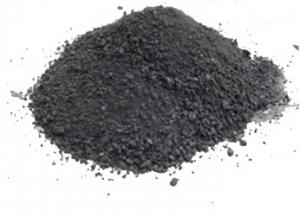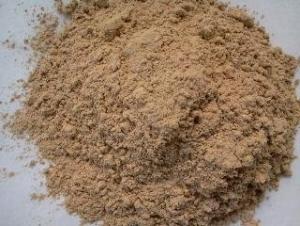All Categories
- - Steel Wire Rod
- - Steel Coils
- - Steel Profiles
- - Steel Pipes
- - Stainless Steel
- - Tinplate
- - Special Steel
- - Steel Sheets
- - Steel Rebars
- - Steel Strips
- - Hot Rolled Steel
- - Cold Rolled Steel
- - Pre-painted Steel
- - Seamless Steel Pipe
- - Welded Steel Pipe
- - Hollow Steel Tubes
- - Galvanized Pipe
- - Stainless Steel Coil
- - Stainless Steel Sheet
- - Stainless Steel Plate
- - Stainless Steel Strips
- - Electrolytic Tinplate Coil
- - Electrolytic Tinplate Sheet
- - Stainless Steel Rebars
- - Solar Panels
- - Solar Water Heater
- - Solar Related Products
- - Solar Inverter
- - Solar Cells
- - Solar Light
- - Solar Energy Systems
- - Solar Controllers
- - Solar Mounting System
- - Solar Pump
- - Solar Chargers
- - Fiberglass Chopped Strand
- - Fiberglass Mesh Cloth
- - Composite Pipes
- - FRP Pultrusion Profiles
- - Fiberglass Mat Tissue
- - Fiberglass Fabrics
- - Fiberglass Mesh
- - Composite Tank
- - Fiberglass Mesh tape
- - Polymer
- - FRP Roofing Panel
- - Fiberglass Roving
- - Monolithic Refractories
- - Ceramic Fiber Products
- - Refractory Bricks
- - Raw Materials For Refractory
- - Suspended Platform
- - Cranes
- - Concrete Machinery
- - Earthmoving Machinery
- - Building Hoist
- - Road Building Machinery
- - Plastic Pipe Fittings
- - Plastic Tubes
- - Plastic Sheets
- - Agricultural Plastic Products
- - Plastic Nets
Q & A
Can monolithic refractories be used for lining BOF dust hoods?
Yes, monolithic refractories can be used for lining BOF (Basic Oxygen Furnace) dust hoods. Monolithic refractories are versatile and can be shaped and formed to fit various applications, including lining dust hoods in BOF operations. They offer excellent resistance to high temperatures, chemical corrosion, and mechanical wear, making them suitable for such environments.
How do monolithic refractories perform in cyclic thermal environments?
Monolithic refractories perform well in cyclic thermal environments due to their ability to withstand extreme temperature fluctuations without cracking or spalling. This is because monolithic refractories are composed of a single, continuous material, which allows for better thermal shock resistance compared to traditional brick refractories. Additionally, their low thermal conductivity helps in maintaining a stable temperature gradient, minimizing thermal stress and enhancing their performance in cyclic thermal conditions.
How do monolithic refractories provide resistance to erosion in fluid catalytic crackers?
Monolithic refractories provide resistance to erosion in fluid catalytic crackers through their unique composition and installation method. These refractories are made from a single piece or material, without any joints or seams, which eliminates weak points that can be prone to erosion. Additionally, their dense and compact structure makes them highly resistant to the abrasive forces of the catalyst particles and hot gases during the cracking process. The installation method of monolithic refractories, such as gunning or casting, ensures a precise and tight fit, minimizing any gaps or spaces where erosion can occur. Overall, monolithic refractories offer superior erosion resistance, enhancing the longevity and performance of fluid catalytic crackers.
How do monolithic refractories perform in high-velocity gas flow applications?
Monolithic refractories perform well in high-velocity gas flow applications due to their ability to withstand thermal shock, erosion, and mechanical stress caused by the fast-moving gas. The dense and homogeneous structure of monolithic refractories ensures minimal porosity and high strength, allowing them to maintain their integrity even in aggressive environments. Additionally, their flexibility allows for easy installation and repair, making them a suitable choice for high-velocity gas flow applications.
What factors should be considered when selecting a monolithic refractory?
When selecting a monolithic refractory, several factors should be considered. Firstly, the temperature range that the refractory will be exposed to is crucial. Different monolithic refractories have varying temperature limits, so it is important to choose one that can withstand the specific temperatures of the application.
Secondly, the chemical composition of the materials being processed in the refractory is significant. Certain monolithic refractories may react differently to different chemical substances, so it is essential to select one that is compatible with the materials being treated.
The mechanical strength and abrasion resistance of the monolithic refractory are also important factors to consider. The refractory should be able to withstand any mechanical stresses and abrasion that may occur during its service life.
Additionally, the thermal conductivity and insulation properties of the refractory should be taken into account. The refractory should have the appropriate thermal conductivity to minimize heat loss and ensure energy efficiency.
Lastly, factors such as installation methods, availability, and cost should also be considered when selecting a monolithic refractory. The refractory should be easy to install, readily available, and cost-effective for the specific application.
Overall, a thorough evaluation of temperature range, chemical compatibility, mechanical properties, thermal conductivity, installation methods, availability, and cost is necessary when selecting a monolithic refractory.
Wholesale Monolithic Refractories from supplier in Jordan
Our team of experts is dedicated to understanding your specific requirements and providing tailored solutions to meet your needs. Whether you are in the steel, cement, glass, or other industries requiring Monolithic Refractories, we have the knowledge and resources to assist you.
In addition to our sales and procurement services, we also offer technical support to ensure the successful implementation of our products. Our team of engineers and technicians can provide guidance on installation, maintenance, and troubleshooting, ensuring that you achieve optimal performance and cost-effectiveness.
As a subsidiary of CNBM, we have access to a global network of suppliers and manufacturers, allowing us to source high-quality Monolithic Refractories at competitive prices. We are committed to delivering products that meet the highest standards of quality and reliability.
Furthermore, we understand the local market dynamics and regulations in Jordan, enabling us to navigate any challenges and ensure compliance with all necessary requirements. Our team is well-versed in the local industry trends and can provide valuable insights to help you make informed decisions.
At our company, customer satisfaction is our top priority. We strive to build long-term partnerships with our clients by providing exceptional products and services. Whether you require a single order or ongoing supply, we are here to support your Monolithic Refractories needs in Jordan. Contact us today to discuss your requirements and explore how we can assist you in achieving success in your projects.
In addition to our sales and procurement services, we also offer technical support to ensure the successful implementation of our products. Our team of engineers and technicians can provide guidance on installation, maintenance, and troubleshooting, ensuring that you achieve optimal performance and cost-effectiveness.
As a subsidiary of CNBM, we have access to a global network of suppliers and manufacturers, allowing us to source high-quality Monolithic Refractories at competitive prices. We are committed to delivering products that meet the highest standards of quality and reliability.
Furthermore, we understand the local market dynamics and regulations in Jordan, enabling us to navigate any challenges and ensure compliance with all necessary requirements. Our team is well-versed in the local industry trends and can provide valuable insights to help you make informed decisions.
At our company, customer satisfaction is our top priority. We strive to build long-term partnerships with our clients by providing exceptional products and services. Whether you require a single order or ongoing supply, we are here to support your Monolithic Refractories needs in Jordan. Contact us today to discuss your requirements and explore how we can assist you in achieving success in your projects.
Hot Search
- Monolithic Refractories in Morocco
- Ceramic Fiber Products in Somalia
- Refractory Bricks in Lesotho
- Raw Materials For Refractory in Liberia
- Monolithic Refractories in Sri Lanka
- Raw Materials For Refractory in Fiji
- Raw Materials For Refractory in Azerbaijan
- Ceramic Fiber Products in Vanuatu
- Ceramic Fiber Products in Belize
- Monolithic Refractories in Indonesia
